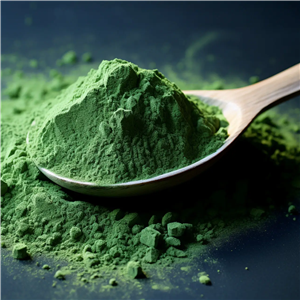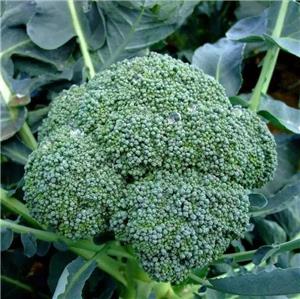Health Topics
A healthy diet helps protect against malnutrition in all its forms and is a foundation for health and development. It also helps to prevent noncommunicable diseases including diabetes, cardiovascular diseases, some cancers and other conditions linked to obesity. Together with a lack of physical activity, an unhealthy diet is one of the leading global risks to health.
-
1608-2021
How Melatonin Can Help You Sleep and Feel Better
Melatonin is a hormone that tells your body when it’s time to head to bed. It’s also become a popular supplement among people having trouble falling asleep. This article explains how melatonin works as well as its safety and how much to take.
-
1208-2021
Melatonin: Benefits, Uses, Side Effects and Dosage
Melatonin is a common dietary supplement that has gained widespread popularity around the globe. Though renowned as a natural sleep aid, it also has powerful effects on other aspects of your health. This article reviews the benefits and potential side effects of melatonin, as well as its best dosage.
-
1008-2021
What Is Quercetin? Benefits, Foods, Dosage, and Side Effects
Quercetin is a natural pigment present in many: fruits vegetables grains It’s one of the most abundant antioxidants in the diet and plays an important role in helping your body combat free radical damage, which is linked to chronic diseases. In addition, its antioxidant properties may help reduce: inflammation allergy symptoms blood pressure This article explores quercetin’s: uses benefits side effects dosage
-
0608-2021
L-Carnitine: Benefits, Side Effects, Sources and Dosage
L-carnitine is a naturally occurring amino acid derivative that’s often taken as a supplement. It is used for weight loss and may have an impact on brain function. However, popular claims about supplements don’t always match up with the science. This article examines the potential risks and benefits of L-carnitine supplements and explains how this nutrient functions in your body.
-
0308-2021
Food additives
Food additives are substances added to food to maintain or improve its safety, freshness, taste, texture, or appearance. Food additives need to be checked for potential harmful effects on human health before they can be used. The Joint FAO/WHO Expert Committee on Food Additives (JECFA), is the international body responsible for evaluating the safety of food additives. Only food additives that have been evaluated and deemed safe by JECFA, on the basis of which maximum use levels have been established by the Codex Alimentarius Commission, can be used in foods that are traded internationally.
-
0208-2021
Sugars and dental caries
Dental caries is a major public health problem globally and is the most widespread noncommunicable disease (NCD). It is also the most prevalent condition included in the 2015 Global Burden of Disease Study, ranking first for decay of permanent teeth (2.3 billion people) and 12th for deciduous teeth (560 million children).
-
2207-2021
Vaccine inequity undermining global economic recovery
New Global Dashboard on COVID-19 Vaccine Equity finds low-income countries would add $38 billion to their GDP forecast for 2021 if they had the same vaccination rate as high-income countries. Global economic recovery at risk if vaccines are not equitably manufactured, scaled up and distributed.
-
2107-2021
WHO continues fight against pandemic amid worsening global public health emergency and uneven vaccine rollout
"We are experiencing a worsening public health emergency that further threatens lives, livelihoods and a sound global economic recovery. It is definitely worse in places that have very few vaccines, but the pandemic is not over anywhere", said WHO Director-General Tedros Adhanom Ghebreyesus at a WHO media briefing this week.
-
1907-2021
Can You Use Erythritol as a Sweetener If You Have Diabetes?
If you have diabetes, it’s important to manage your blood sugar. Erythritol is said to add sweetness to foods and beverages without adding calories, spiking blood sugar, or causing tooth decay. Read on to learn if erythritol is too good to be true — or if it lives up to the hype.
-
1207-2021
Erythritol — Like Sugar Without the Calories?
The low-calorie sweetener erythritol may seem too good to be true. It’s natural, doesn’t cause side effects and tastes almost exactly like sugar — without the calories. Basically, it has all the things that are good about regular sugar, without any of the negatives, although some media outlets question its benefits. This evidence-based article reviews the benefits and possible side effects of erythritol




